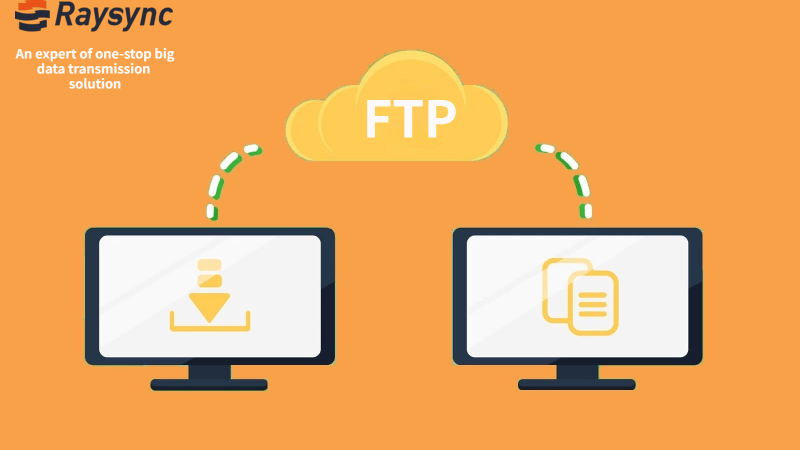Top 5 disruptive Blockchain use cases within software development

Blockchain is arguably the most hyped as well as the most anticipated technology of our time. That is because Blockchain is highly disruptive, even at a nascent stage of its adoption. If you wish to learn more about Blockchains, you can check out our ‘Blockchain for dummies’ posts; alternatively, read along to learn more about our specific disruptive blockchain applications within software development.
Blockchain has massively disrupted the fintech sector, laying the groundwork for global, decentralized finance, the metaverse, and NFTs. Blockchain’s reign, however, isn’t just limited to finance. As we speak, disruptive blockchain applications are making their way across multiple industries, helping software development companies reinvent solutions that will improve all aspects of our businesses and lives.
That said, Below are some of the most groundbreaking and disruptive blockchain applications within software development:
-
Smart Contracts
Smart contracts are among the most prominent uses of Blockchain. Essentially, a smart contract is an immutable, decentralized, and autonomous contract or ‘program’ that exists on the Blockchain (hence, decentralized) with the conditions of the contract baked into the code itself. Meaning if the required conditions for the contract are met, the program will execute the contract or transaction without needing a human to authorize it (hence, autonomous).
Contracts are arguably the smallest, indivisible units of any business or organization. While in recent times, contracts might have migrated to our screens from papers, the aspect of ‘contract-keeping’ that makes them inherently inefficient isn’t really addressed by this digitization. Contracts can be inefficient because the humans managing them can be forgetful, clumsy, or distracted. But contracts that eliminate humans from the picture and become self-executable can overcome these limitations while replacing the cognitive power required for contract execution with computational power that is much cheaper and accessible.
Smart contracts are fantastic for improving business operations because they offer additional security, transparency, real-time execution, and minimal human intervention. These features especially come in handy when conducting business with unfamiliar third parties since they eliminate the need to ‘trust’ the other side. Smart contracts are expected to greatly improve the effectiveness, speed, and safety of business operations. Apart from producing trustlessness, smart contracts also make it possible to host dApps and automate tasks. While many competitors have spawned since its inception, Ethereum still remains to be the best Blockchain to write smart contracts on.
1.Higher Data Protection as Digital Ledgers
Fundamentally speaking, Blockchain is a digital ledger and can be an excellent tool for record-keeping. A blockchain-based digital ledger offers many advantages, such as security, transparency, and immutability.
Because blockchains are highly programmable and cryptographically secured, developers can build custom and private software solutions tailored to meet business and organizational needs that are secure against outside intervention. Internally, blockchains can be secured on account of being immutable; they can also be programmed such that central members of the organization can authorize blocks, while the rest only have read-only access to them. The point is that blockchain-based digital ledger software can be highly flexible and configurable while offering greater security and transparency.
The two major record-keeping benefits of Blockchain based ledgers are that they can help track financial transactions as well as assets and items. Businesses and organizations can deploy custom blockchain-based software to record all types of transactional information in a secure and transparent fashion.
1.Supply Chain Management Software
Supply chain management is another critical application for Blockchains. Every business or organization operates under at least one supply chain. In the case of physical businesses, supply chain management is quite literally the critical bottom line of business operation. But even in the case of digital businesses or non-profit organizations, inventory and asset management can be critical.
Because supply chains are at the heart of countless sectors like healthcare, manufacturing, distribution, etc., Blockchain-based supply chain software solutions are disrupting innumerable industries across the globe. Major benefits of implementing blockchains within the supply chain include trust, real-time updates, security, and transparency.
How this works in practice is by improving connectivity between different ends of a supply chain. Businesses waste a lot of time communicating across departments since a blockchain allows transparent and immutable access to data to every node, and all parties are always updated with the relevant supply chain status. Blockchain’s cryptographic nature allows for secure storage of logistical data and offers opportunities to optimize and improve upon the existing system by letting businesses spot bottlenecks and inefficiencies in their systems.
1.Secure Identity Records and Customer Data
Within traditional databases holding thousands of identity records or private customer data, the risk of failure is high on account of being concentrated on a single point of failure. Storing data on a custom blockchain can eliminate the threat to a large extent since blockchains can be designed to only be accessible to authorized personnel.
In a typical blockchain, new blocks containing target data are cryptographically generated based on data from the previous block; this implies that attackers from outside the Blockchain cannot access the data without the public keys and cannot alter the data without forking the chain.
Another blockchain use case could be identity verification. A person’s personal identity data could be stored on a blockchain and linked to a digital verifier, also known as a decentralized identifier, which can be used to securely verify their identity on the go. This goes a long way when trying to protect against identity theft and gives users a tad bit more control over their personal data. Software solutions that facilitate user verification based on decentralized identifiers have an inherent advantage over traditional verification methods.
1.dApps and Blockchain for mobile
dApps bring the benefits and advantages of Blockchain, like security, transparency, and trust to mobile applications. dApps or decentralized applications run like regular apps, but instead of being locked behind a corporation’s private servers, they are hosted on the Blockchain or a peer-to-peer network. Which, in today’s world of growing skepticism for tech companies and mobile apps, is a much necessary and welcome change.
Once again, ethereum stands out as a popular and capable platform for creating dApps. These dApps can be used to trade and invest in cryptos and NFTs, create decentralized social media apps, or build platforms that power all types of software. The possibilities are limitless, and dApps are an interesting way to upgrade our current mobile ecosystem with the power of Blockchain. Moving forward, they are undoubtedly the most promising software development category to embrace blockchain technology in a prominent way, and software developers around the globe are coming up with innovative solutions for building dApps for more
Conclusion
Blockchain has altered the software realm in more ways than one and will continue to do so as the technology gets further developed and adopted. In its current state, the technology presents a simple but robust solution to the wider problem of ‘distributing information’. The fundamental advantage of using blockchain technology is that it allows us a way to distribute information (in most cases, a ledger of transactions) to all involved parties in a safe, transparent, and decentralized manner. Any piece of software that is utilized for a similar use case will eventually be impacted by Blockchain. How do you think Blockchain will change the face of software development in the near future?






